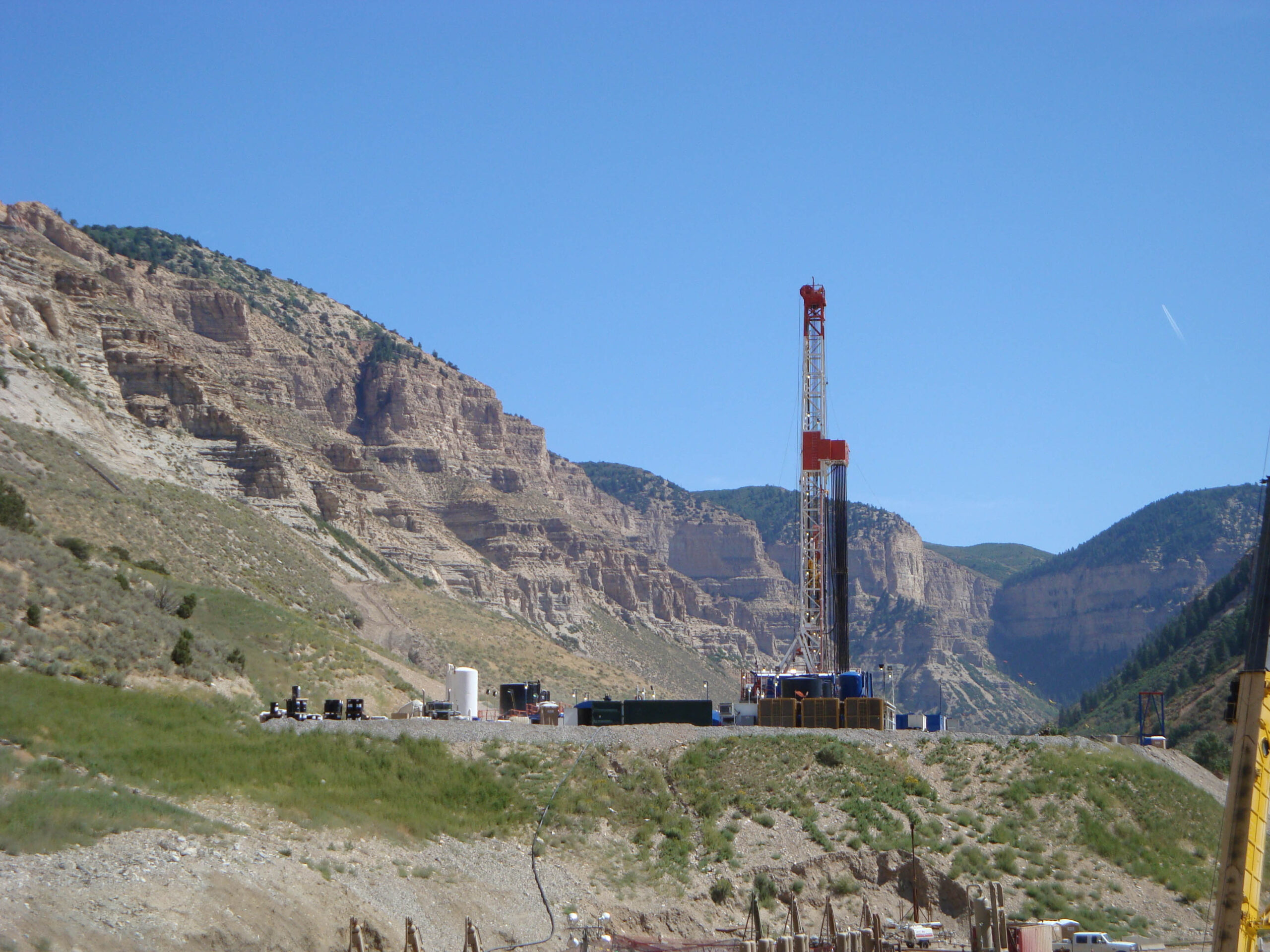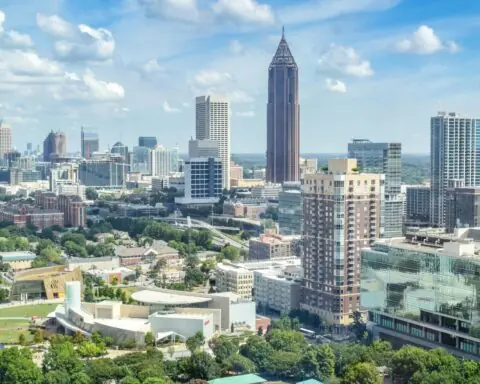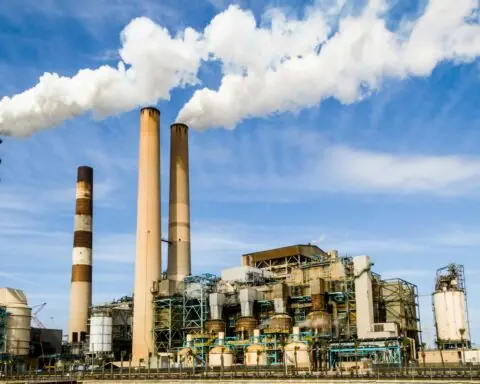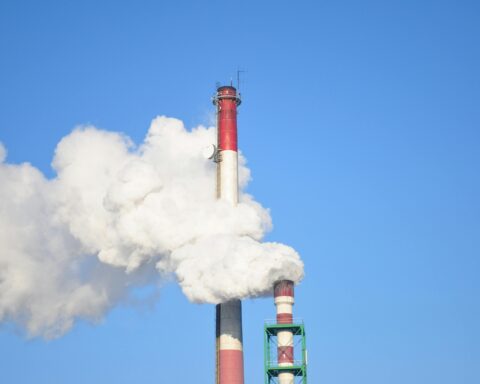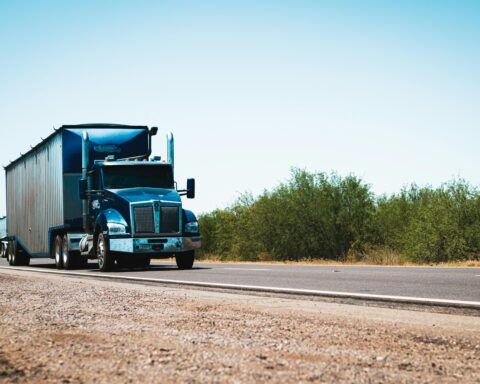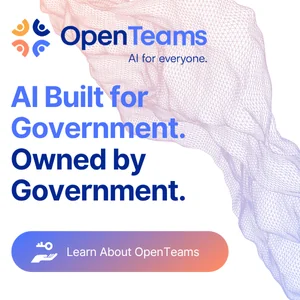The Department of the Interior is investing $16.73 million to clean up orphaned oil and gas wells on tribal lands This is in addition to $12 million in grants announced last month as well as $40 million allocated last year.
These funds will assist five Tribal Nations in addressing the issue of legacy pollution and environmental hazards that threaten tribal communities.
The funding is part of the Bipartisan Infrastructure Law (BIL) and may be utilized to plug orphaned wells on tribal lands and restore soil and habitat in areas that have been degraded due to those wells. It can also be used to decommission or remove any infrastructure associated with the wells, identify additional undocumented wells and set up well-plugging capacity in places it has not already been established.
RELATED: Pennsylvania receiving $76.4 million to plug orphaned oil and gas wells
Orphaned oil and gas wells pose an ongoing environmental threat. They can potentially contaminate groundwater, leak toxic chemicals and pollute drinking water sources. Interior adds that methane leaking from these wells is a safety hazard and a significant cause of climate change that’s 25 times as carbon dioxide at trapping atmospheric heat.
This announcement brings the BIL’s total nationwide investment to more than $68 million for the cleanup of orphaned wells on tribal lands.
These funds will support two categories of activities:
- Implementation grants support plugging, remediation and reclamation activities at orphaned well sites on tribal lands. This also includes pre-plugging assessments, removal of contaminants from soil, groundwater, surface water and sediment. These grants also support restoring resources degraded by these orphaned wells or associated pipelines, facilities and infrastructure.
- Program development grants support activities that help tribal recipients prepare for future plugging, remediation and reclamation activities. This funding assists tribes in locating, inventorying and assessing orphaned wells. It also helps tribes amplify capacity and expertise through job creation, training and administrative support.
Tribal projects receiving Phase 2 funding include:
- Osage Nation: $10,059,548 implementation grant to support and expand the tribe’s plugging, remediation, and reclamation program. Funds will also support tribal staff hired and trained under Phase 1 funding to implement prioritized plugging and remediation activities at up to 91 orphaned well sites.
- Chippewa Cree Tribe of the Rocky Boy Reservation: $2,006,533 implementation grant to complete plugging, remediation, and reclamation of the 17 orphaned wells sites identified and assessed with Phase 1 grant funding. This also includes the removal of any residual contaminants and replanting native vegetation to recover the natural habitat.
- Jicarilla Apache Nation: $3,162,500 implementation grant to evaluate and prioritize identified orphaned wells, inspect each location to estimate current contamination of surface water, groundwater and measure current emissions of methane and other gases. It also allows tribal staff to plug, remediate and reclaim up to 19 orphaned well sites and adjacent lands.
- Comanche Nation: $1,000,000 program development grant to establish a program to address the environmental and economic challenges posed by orphaned wells on tribal lands. The project will evaluate 23 documented and approximately 250 potentially orphaned wells. Funding will support training for tribal members in skilled plugging-related jobs, such as methane monitoring, that will be needed in the future.
- Chickasaw Nation: $499,993 implementation grant to evaluate 10 additional well sites, compile and analyze data, develop plugging standards and guidelines for measuring and tracking methane emissions and soil and water contamination. It will also allow for continued site visits and environmental reviews and train tribal staff in a comprehensive program of orphaned well site management and remediation.
This well cleanup effort is part of the Justice40 Initiative which sets a goal to deliver 40% of the overall benefits of certain federal investments to historically disadvantaged communities that have been marginalized by underinvestment and overburdened by pollution.
Photo courtesy National Institute for Occupational Safety and Health (NIOSH) from USA, Public domain, via Wikimedia Commons



